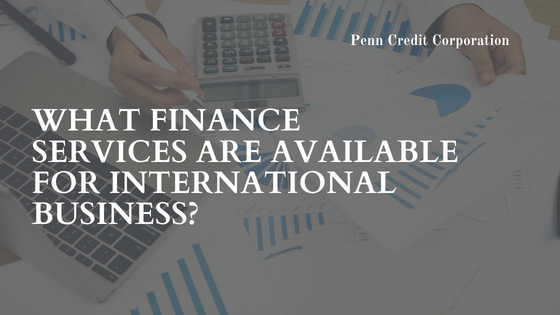Operating a successful business requires many resources. Great leaders know how to cultivate and retain human resources. They also fully understand the importance of knowledge management and how to keep accurate records from year to year. Despite their years of industry experience and education, some business owners do not know where to find other types of support for their small or growing businesses.
International Business Resources
Entrepreneurs and business leaders must be aware of the special accommodations needed to operate a business with an international presence. From the initial financing to ongoing customer satisfaction, internal national business needs differ from their domestic counterparts. Owners and leaders who conduct initial research prior to making a purchase or investment into an international business often find plenty of helpful resources to make the transition an easier process.
Foreign Currency Exchange
Setting up vendor management tools is an important task for international business owners. There are different protocols for the technology to communicate between banking institutions. Sometimes, higher fees are associated with calculating a foreign currency exchange, even for debit and credit card transactions. Commercial bank services are available to help business owners navigate through these processes and choose the best products for their international business needs. Work with a specialist to take advantage of everything that is available for international business operators.
Special Projects
Imports and exports are vital for most international businesses, especially those that deal with consumer goods and services. Setting up and keeping these avenues secure requires both knowledge and consistent financing. An export capital fund might be available for established businesses. The Small Business Association (SBA) offers educational courses and workshops to help business owners get started with funding requests and other special requirements for international operations.
Since virtually all parts of a business structure vary from country to country, it is important to account for the differences when establishing an international presence. Infrastructure such as electrical circuits and educational systems have a major impact on everyday business initiatives. Even specific cultural norms will affect how businesses operate internationally. Aside from the physical time difference, local culture dictates when, where, and how people choose to do business together.
